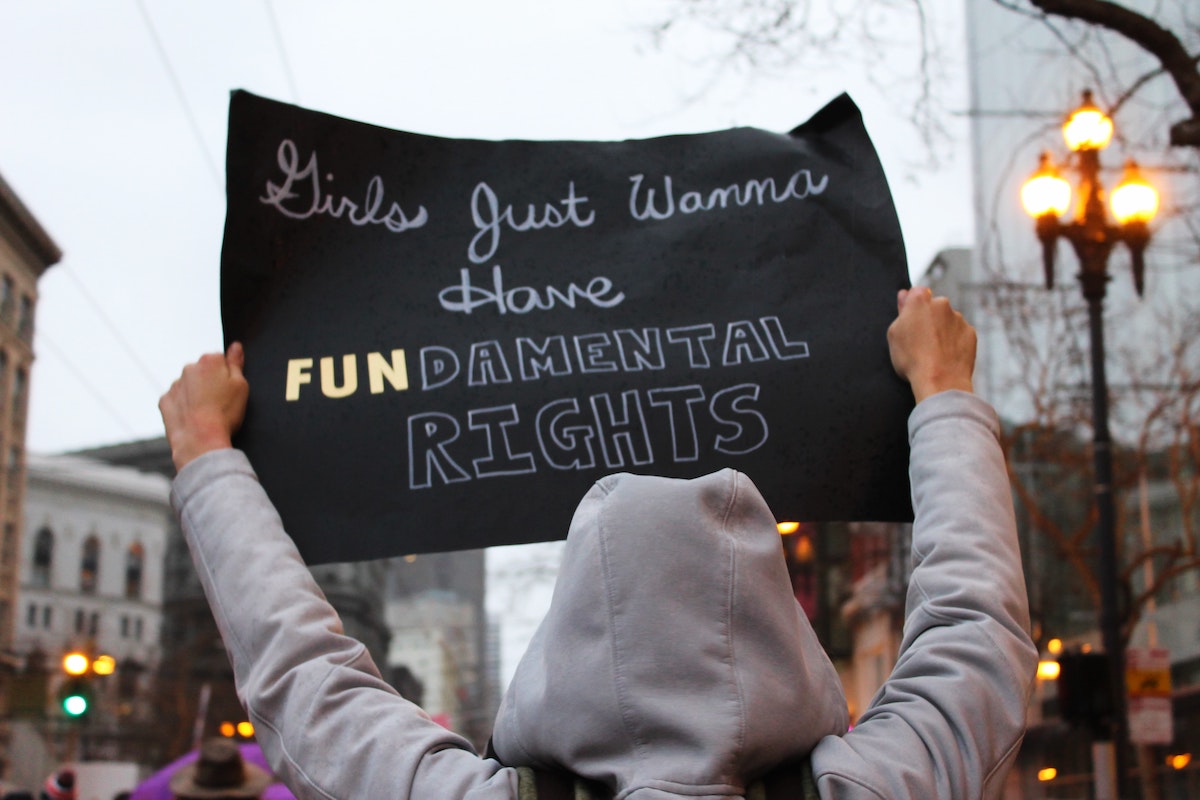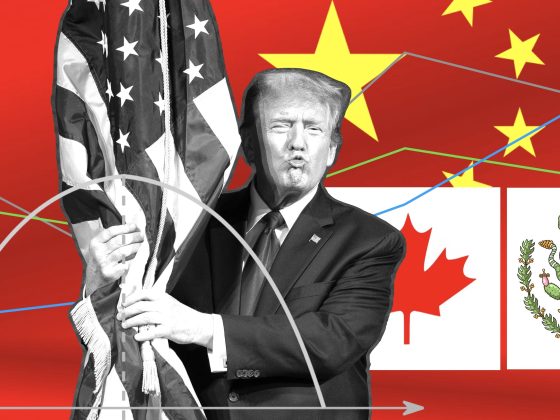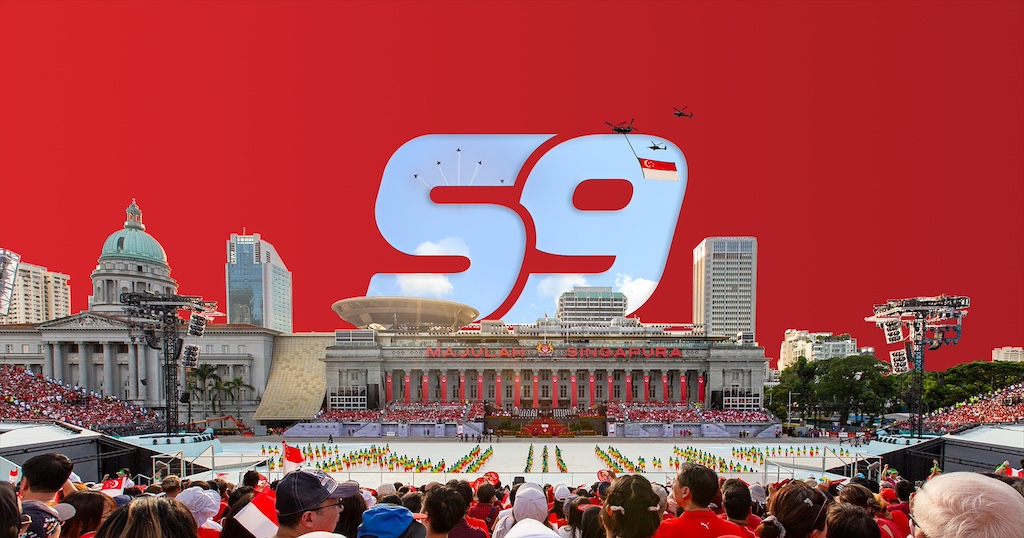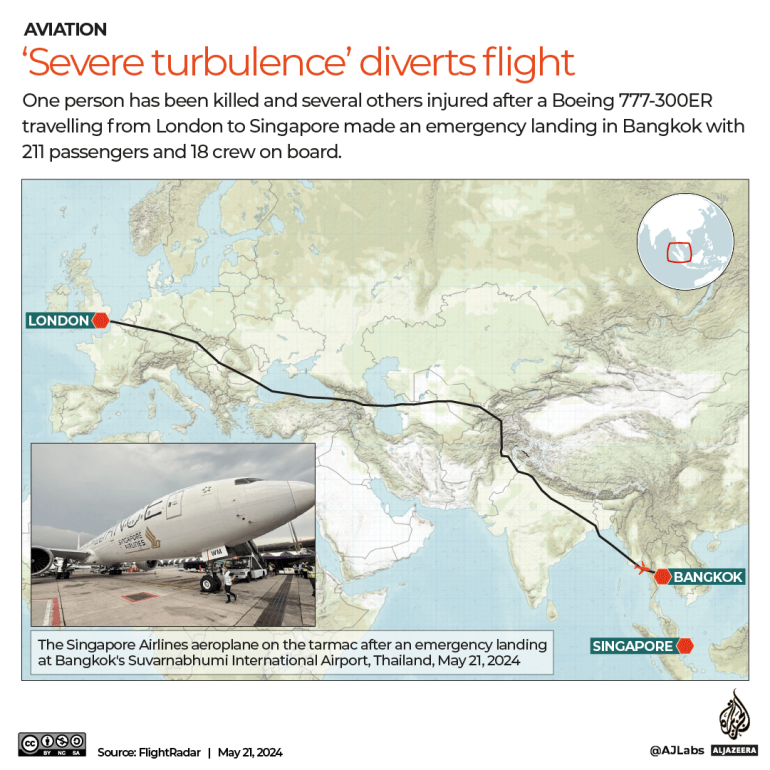According to the Heritage Foundation, economic freedom is a fundamental right of every human. This freedom refers to their ability to control their own labour and property. This means that a person with economic freedom is free to work, produce, consume, and invest freely.
To check the state of economic freedom in the world, Heritage Foundation created the Index of Economic freedom as a metric.
In the 2020 edition of their study, Singapore ranked at the world’s freest economy.
How well did other countries perform? Let’s find out.
Highlights
With an overall score of 89.4, Singapore ranks first in the Index rankings. With this, the country has successfully maintained its top position from 2019. Singapore also obtained the same overall score last year.
According to the Heritage Foundation, Singapore’s business freedom score improved from last year. However, this was offset by a decline in their government integrity score. These changes however, were noted to be only small.
Following Singapore is Hong Kong, a close second with an overall score of 89.1. Succeeding Hong Kong is New Zealand (84.1), Australia (82.6), Switzerland, (82.0), Ireland (80.9), United Kingdom (79.3), Denmark (78.3), Canada (78.2), and Estonia (77.7).
On the other extreme, Korea is the least economically free country, with an overall score of 4.2. Other low performers in the Index are Venezuela (25.2), Cuba (26.9), Eritrea (38.5), and Republic of Congo (41.8)
Insights
The 2020 global average of the 180 countries ranked in the study is 61.6. Heritage Foundation said that this is the highest ever recorded overall average in the 26-year history of the Index.
The Heritage Foundation said that only six countries are considered to be “free” based on the set definitions of the study. Meanwhile, 93 other countries are considered “moderately free.” Lastly, the remaining countries are classified as “mostly unfree” or downright “repressed.”
The Heritage Foundation also found that there is a link between economic freedom and poverty. It was revealed that as economic freedom rises, poverty tends to fall.
Looking ahead, the Heritage Foundation recommends looking at the increasing role of digital trade in the economy and how it may be leveraged to uphold economic freedom. They also said that thorough discussions and a continuous fight for free trade should be maintained in order to further improve the freedom that we experience today.
Methodology
In order to measure economic freedom, the Index of Economic Freedom was created to focus on four dimensions:
- Rule of law,
- Government size,
- Regulatory efficiency, and
- Market openness
Under these four dimensions are 12 indicators that are scored on a scale of 0 to 100. These indicators are equally weighted in the computation of the overall Index score. For the 2020 index, the data was gathered from the second half of 2018 and the first half of 2019.
If you want to know more about the scoring schemes, to access country data, and to gain other insights from the study, you can check The Heritage Foundation’s report.










